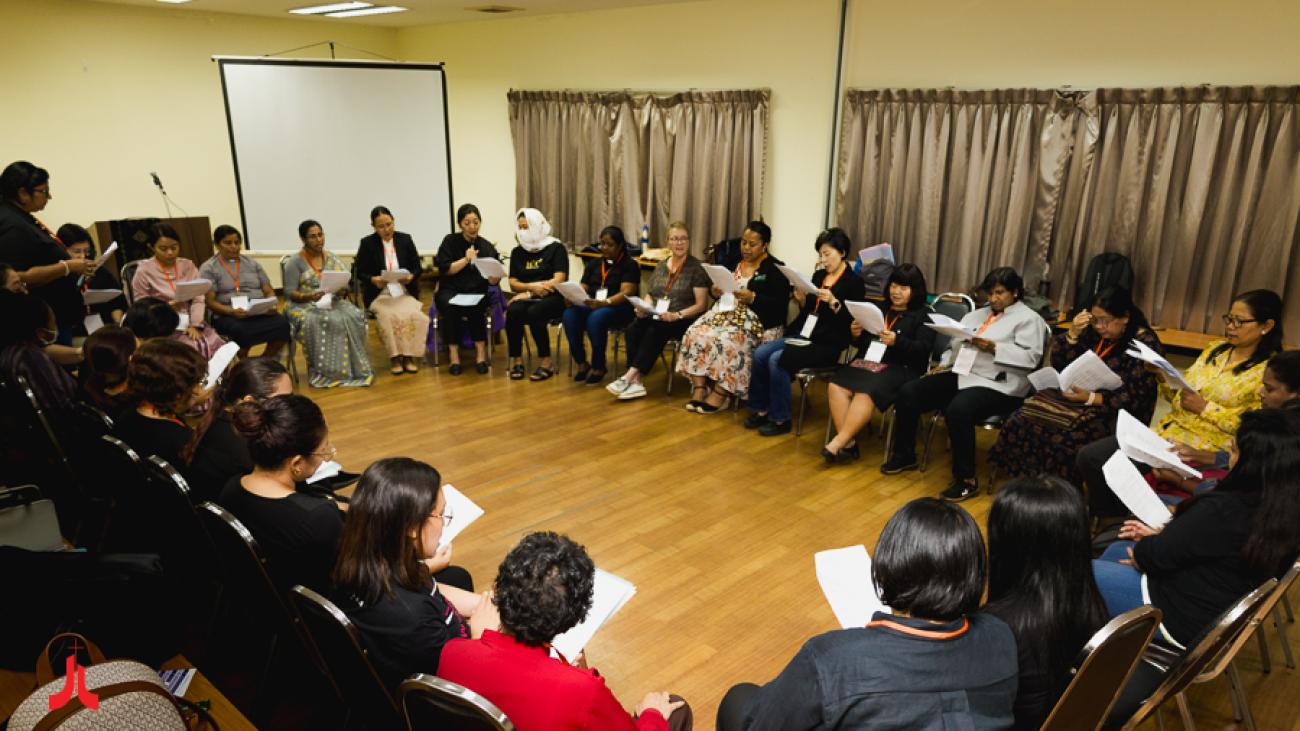Regional women’s consultation calls for transformative action to address gender-based violence and forced migration of women

Bangkok, Thailand: The Asia regional consultation on ‘Gender-Based Violence and Forced Migration of Women: Towards Strengthening Gender Justice Advocacy’, which took place from 19 to 21 November 2024 in Bangkok, Thailand, came to a close with participants emphasising the need for collaborative, inclusive, and transformative action to address gender-based violence (GBV) and the forced migration of women.
A communique adopted at the closing session of the consultation outlined guidelines and actionable steps to promote gender justice in diverse contexts.
In the communique, participants urged women across communities to empower themselves and others by cultivating awareness of gender-based violence, advocating for survivors, and collaborating with organisations to address the root causes of violence and forced migration.
Discussions during the consultation on the importance of involving men in gender justice dialogues to dismantle harmful patriarchal structures and promote healthier, more inclusive communities were reflected in the communique.
The role of churches in combating gender-based violence was highlighted, with participants urging faith communities to raise awareness, challenge patriarchal perspectives, and support survivors with comprehensive care.
Churches were encouraged to promote gender justice through theological education, policy development, and active participation in decision-making processes to ensure women's voices are heard at all levels.
Participants also urged CCA member churches and ecumenical organisations to use their platforms to raise awareness about the impact of GBV and forced migration on women, and to advocate for stronger policies that protect women’s rights.
Emphasis was placed on the crucial need for collective commitment from all sectors of society, particularly faith-based communities, to combat gender-based violence and provide support for those affected by forced migration.
The three-day consultation, which was attended by 34 women from across Asia, culminated in a closing worship where participants affirmed their shared commitment to fostering a more equitable and gender-just society, pledging to work together towards lasting change and the empowerment of women.
The full text of the Communique can be found below:










